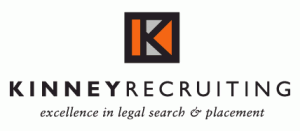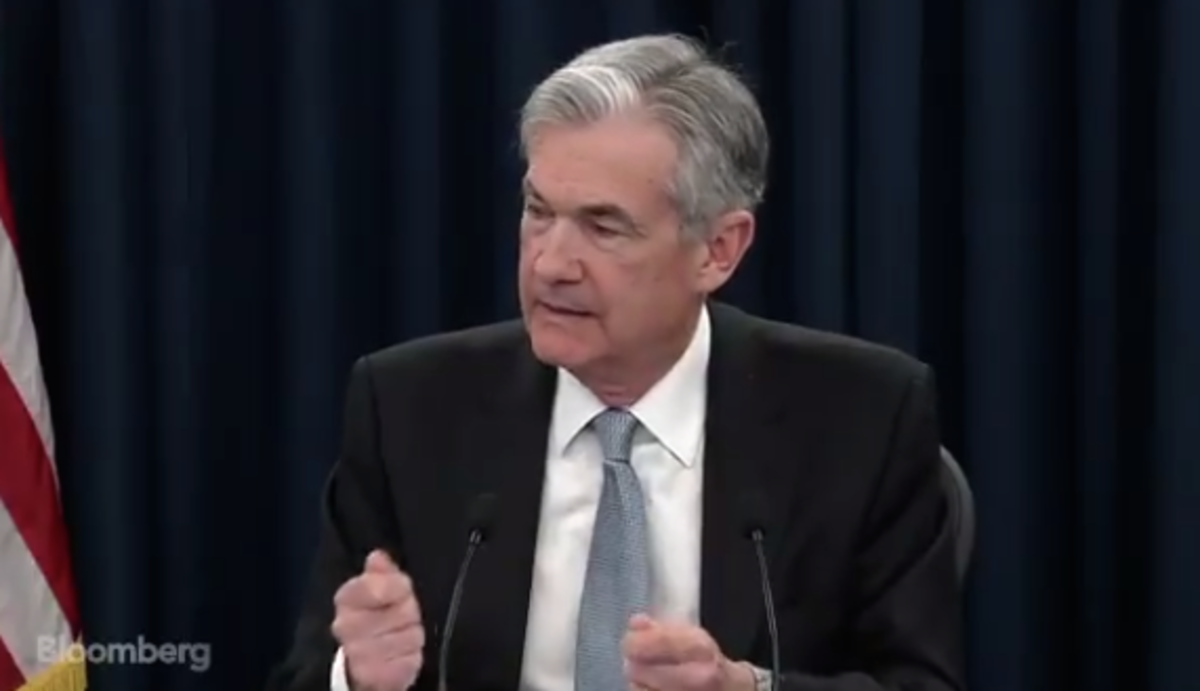When the Ken Burns documentary about the Central Park Five came out in 2012, there was a petition put up by Columbia Law students to get Elizabeth Lederer — the chief prosecutor in the case — removed from her position as a lecturer at the law school.
The school did nothing. Lederer, who is also still a senior counselor in the Manhattan D.A.’s office, continues to teach at Columbia Law.
Now, with release of Ava Duvernay’s Netflix miniseries When They See Us, Columbia students are once again asking that the law school cut ties with this disgraced woman who helped put five children in jail for a crime they didn’t commit.
Here’s part of a letter from the Columbia Black Law Students Association:
Since Lederer’s integral role in the case has received a national spotlight, there have been multiple efforts urging Columbia Law School to take action. In 2013 a petition was circulated, which gained thousands of signatures and demanded the removal of Lederer. Instead of taking decisive action to address the issue, Columbia Law School simply removed the Central Park jogger case from Lederer’s online bio. Now, with the release of Ava Duvernay’s When They See Us on Netflix, Columbia’s inaction on this subject shows a disconnect between the values Columbia purports and the actions the Law School takes. Another petition, circulated by our brothers, sisters, and non-binary friends at Columbia University Black Students’ Organization, has gained thousands of signatures and again demands for the removal of Elizabeth Lederer.
Before some of you conservatives pull out your “scholarly debate” violin, let me stop you. There is no “scholarly” debate here. There is no academically defensible position that says “sometimes, you just gotta round up all the n***ers and see which one of them breaks.” There’s no scholarly position that says “once you’ve been proven wrong, by direct scientific evidence, you should never apologize or speak about your errors, and instead keep going like nothing ever happened.”
Lederer is emblematic not just of how the white legal system hunts and predates on black and brown children, she’s not only emblematic of how prosecutors use and abuse their discretion, she’s emblematic for how prosecutors are taught to defend their past transgressions even in the face of clear and convincing evidence that they were wrong. It has been SEVEN YEARS since DNA evidence exonerated the Central Park Five. Seven years! There have now been two films detailing how Lederer and the rest of her cronies railroaded these kids. That’s given Lederer more than enough time to apologize. That’s given her more than enough time to learn from her mistakes, try to make amends, and start her long path to redemption.
Instead, she can’t even be bothered to publicly comment on the issue, and all Columbia Law can do is scrub her bio.
If Lederer had reckoned with her mistakes and apologized for them, I could see an argument for keeping her on as a lecturer. After all, lawyers are going to make mistakes. They’re going to pursue the wrong leads. They’re going to defend the wrong people or prosecute the wrong people. How they ethically deal with their bad calls is at least as important as how they make the good calls. There’s a universe in which people could learn something from Elizabeth Lederer.
But first she’d have to learn something herself. And it appears she’s unable or unwilling to do that. NOTHING can be gained by the students at Columbia Law from a teacher who remains so pigheaded who can’t even apologize to the victims of her failure. Columbia should not be teaching their students that being a lawyer means never having to say you’re sorry. And God forbid that anybody graduates from Columbia Law secure in the knowledge that if they shamelessly railroad unaccompanied minors into false confessions, future employers will look the other way as long as their conviction rates are high enough.
Lederer, in her current form, has no business being in the arena of any law student, much less an allegedly elite school like Columbia. By keeping her on, Columbia Law sends a message to its black and brown students that those who prey upon their communities will be rewarded.
And if that’s not enough of a reason for Columbia Law to cut ties with her, we need to ask why Columbia Law school is willing to defend a person who, at the very least, was terrible at her job and hasn’t bothered to learn anything from her experience. I mean, Columbia is supposed to be a SCHOOL, right? Not a halfway house for disgraced lawyers involved in high-profile malfeasance. Who are they going to hire next, Bill Barr?
You can read the full BLSA letter on the next page. Maybe this time Columbia will do what it should have done seven years ago.
 Staci Zaretsky is a senior editor at Above the Law, where she’s worked since 2011. She’d love to hear from you, so please feel free to email her with any tips, questions, comments, or critiques. You can follow her on Twitter or connect with her on LinkedIn.
Staci Zaretsky is a senior editor at Above the Law, where she’s worked since 2011. She’d love to hear from you, so please feel free to email her with any tips, questions, comments, or critiques. You can follow her on Twitter or connect with her on LinkedIn.


















